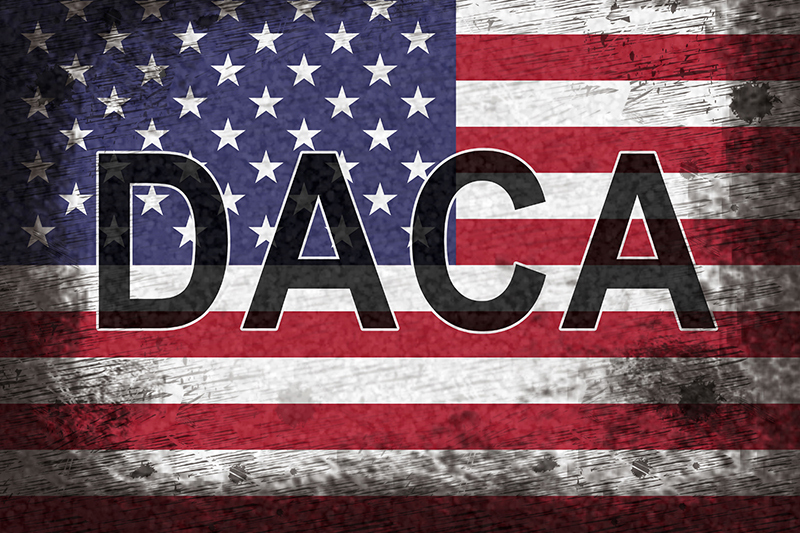Our Mississippi Immigration Legal Team will assist in your application for DACA DREAMer Deferred Action for Childhood Arrivals for the United States and make sure filings are complete.

What is deferred action for undocumented immigration youth?
Deferred action is a decision by the U.S. Government not to deport someone from the United States. It does not lead to permanent residency, a green card or U.S. citizenship. On June 15, 2012, the U.S. Government announced that certain people who came to the United States as children and meet several key requirements may apply for deferred action for a period of two years, subject to renewal, and would then be eligible for a work permit. With a work permit, an immigrant can apply for a social security number as well as a state ID or driver’s license.
How do I qualify for deferred action for childhood arrivals?
To qualify for deferred action for childhood arrivals, you must submit evidence, including support documents, showing that you:
- Were under the age of 31 as of June 15, 2012;
- Came to the United States before reaching your 16th birthday;
- Have continuously resided in the United States since June 15, 2007, up to the present time;
- Were physically present in the United States on June 15, 2012, and at the time of making your request for consideration of deferred action with USCIS;
- Entered without inspection before June 15, 2012, or your lawful immigration status expired as of June 15, 2012;
- Are currently in school, have graduated or obtained a certificate of completion from high school, have obtained a general education development (GED) certificate, or are an honorably discharged veteran of the Coast Guard or Armed Forces of the United States; and
- Have not been convicted of a felony, significant misdemeanor, three or more other misdemeanors, and do not otherwise pose a threat to national security or public safety.
How do I apply for deferred action for childhood arrivals?
Beginning August 15, 2012, you will be required to submit your request for consideration of deferred action to USCIS through a form, along with a form requesting an employment authorization document. The total USCIS filing fee is $465.
Does deferred action provide me with a path to permanent residence status or citizenship?
No. Deferred action is a form of prosecutorial discretion that does not confer lawful permanent resident status or a path to citizenship. Only Congress, acting through its legislative authority, can confer these rights.
Can the information in my deferred action application be used to deport me or my family?
DHS has stated that information in your DACA deferred action application is protected from disclosure to U.S. Immigration and Customs Enforcement (ICE) and U.S. Customs and Border Protection (CBP) unless the application has a criminal history or serious immigration violation record under the criteria set forth in USCIS’s Notice to Appear guidance. Applicants who received DACA deferred action will not be referred to ICE. However, application information can still be shared for reasons other than deportation with other national security and law enforcement agencies, including ICE and CBP, for purposes other than removal, including for assistance in the consideration of deferred action for childhood arrivals request, to identify or prevent fraudulent claims, for national security purposes, or for the investigation or prosecution of a criminal offense. This covers not just applicants but also their family members and guardians.
This policy is subject to change at any time without notice.
Will my immediate relatives or dependents be considered for deferred action for childhood arrivals?
No. The new process is open only to those who satisfy the guidelines. As such, immediate relatives, including dependents of individuals whose cases are deferred pursuant to the consideration of deferred action for childhood arrivals process, may not be considered for deferred action as part of this process unless they independently satisfy the guidelines.
Can I travel if I am granted Deferred Action?
Not automatically. If USCIS has decided to defer action in your case and you want to travel abroad, you must first apply for advance parole and pay the required fee ($360). Generally, USCIS will only grant advance parole if you are traveling for humanitarian purposes, educational purposes, or employment purposes. You cannot apply for advance parole at the same time as you submit your request for consideration of deferred action for childhood arrivals.

